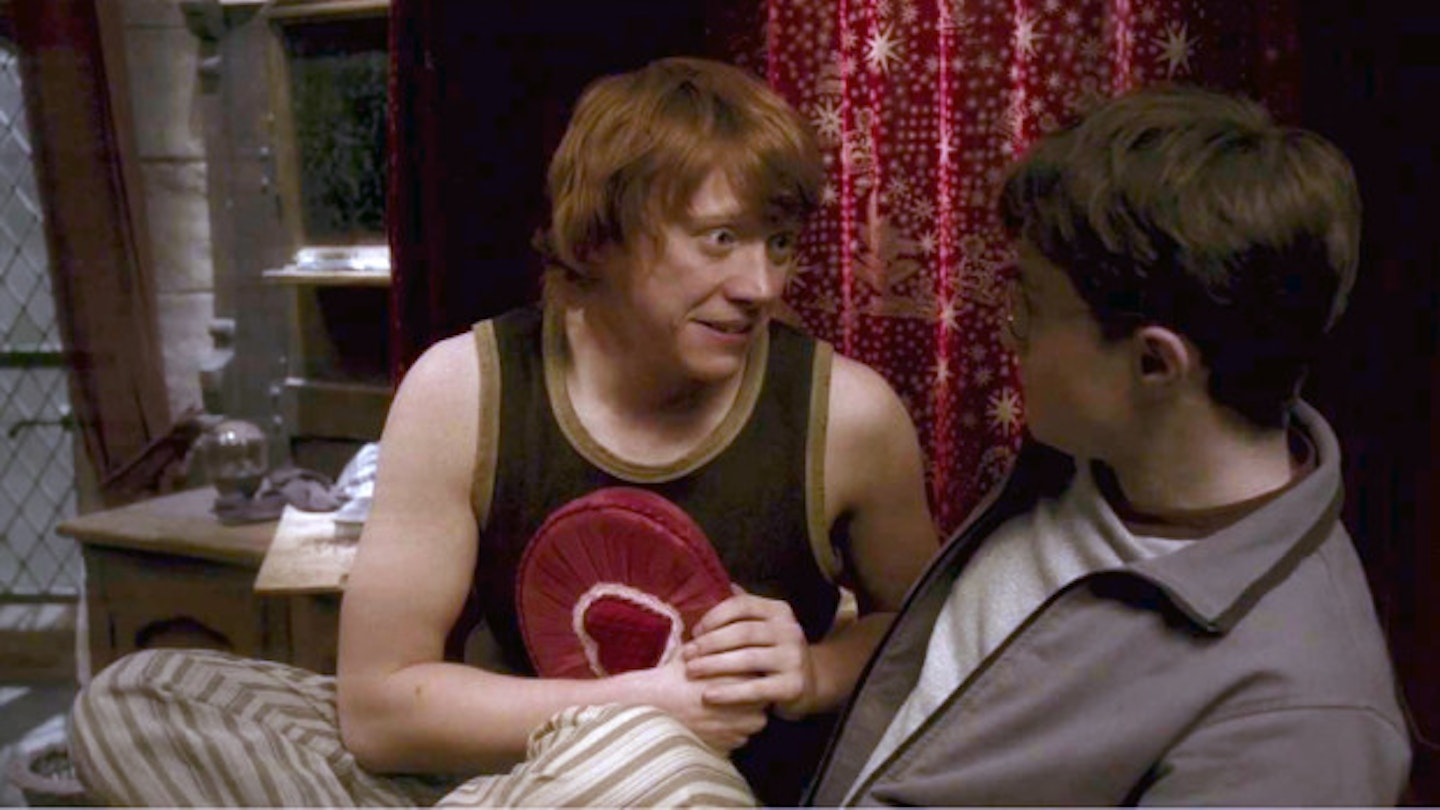If you thought the internet industry had been chastised into compliance after Facebook created a social media shit storm after it emerged that they’d beenmanipulated their users’ news feeds to test how it affected their emotions, think again: the dating websiteOKCupid.com has been at it as well. Dark, right?
In a new trend in which massive internet corporations seem to think it’s ok to use their users like lab rats, OKCupid’s co-founder just posted a bragging blog post called ‘We Experiment On Human Beings!’ admitting that site has been deliberating arranging matches between people who they’ve decided aren’t compatible just so they can get an idea of how the site is working. ‘Guess what, everybody: if you use the Internet, you're the subject of hundreds of experiments at any given time, on every site. That's how websites work,’ he wrote on the site itself.
Whilst Rudder's certainly got a point about us all being too blasé about our internet security - details of their emotional manipulation had been on the OKCupid site for all to see for months - the experiment sits pretty uncomfortably doesn’t it? OKCupid have made a pretty tidy fortune telling people they will help them find ‘the one’, so to hear they’ve been deliberating withholding potential love-matches from their users feels like a bit of a betrayal doesn’t it? What if you’d discovered that the love of your life had been lost to you forever for the sake of an already high-functioning website to function that bit better (and, presumably, profitably)?
But alongside raging about it, since the experiment has been done now, we figured we may as well learn something from it, too. And, as it turns out, it certainly threw up some pretty interesting insights.
The first? Well that 'love is blind, or should be' - because we're more likely to chat to people online who don't have a profile picture. On the day OKCupid removed all profile pictures from the site, they noticed people responded 44% more often to initial chats, conversations went deeper and contact details were exchanged much quicker. And, perhaps even more depressingly, when the photos were restored, the vast majority of people who were already engaged in deep and meaningfuls with potential love interests basically ended their convos immediately. Basically, as Rudder puts it, people are exactly as shallow as their technology allows them to be.
The second relevant finding? That we might be a nation of online daters now but we still seem to need a middle man or matchmaker to convince us into a date. OKCupid took pairs of bad matches (around 30% compatibility) and told them they were amazingly well suited to each other (around 90%). What they found was that users were not only more likely to send an initial message than they would be if the their true compatibility had been revealed, but were also much more likely to have longer and more engaged conversations over time. Which - creepy as the method is - kind of proves our IRL experiences that when a mate sets us up we'll stick it out even if we think it's a relationship destined to fail.
All of which makes us think. Treating us like lab rats isn't ok. But at least we'll know when to step away from the guy on Tinder who has a picture of him on his wedding day - even if he does have five friends in common....
Follow Sophie on Twitter @sophiecullinane
This article originally appeared on The Debrief.
